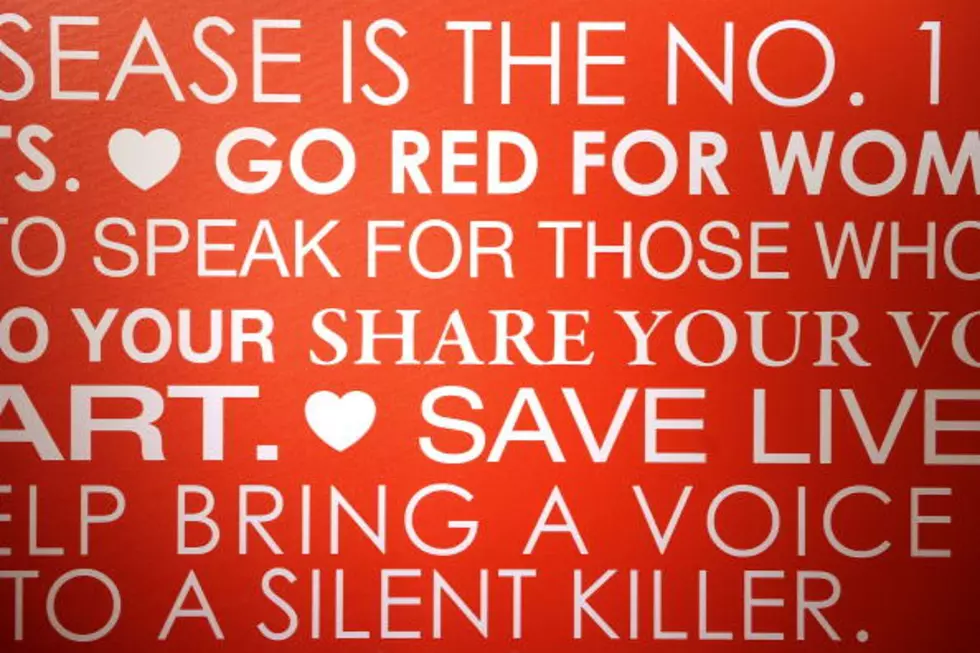![Online Web Habits Don’t Include Emergencies [POLL/AUDIO]](http://townsquare.media/site/385/files/2011/10/apple.jpg?w=980&q=75)
Online Web Habits Don’t Include Emergencies [POLL/AUDIO]
The internet is an amazing thing. It's hard to think about life without it. In the last 10 years, the number of people connected online has gone up and chances are, you are probably dependent on it for several tasks ranging from getting information to paying bill.
In fact, the average person spends anywhere from two to four hours a day on the web. But here's food for thought: how much of that time is spent looking up important information that could potentially be a life-saver? The answer may surprise you.
The phrase "go to our website" has become part of our vernacular in just about everything these days. But how often to you follow that directive? Take for example a site that could give you vital information for you and your family in disaster planning. Would you think to go there unless something externally prompted you? It's more than likely a no. Most people will seek that info once an incident happens rather than ahead of time.
Morristown Psychologist Dr. Steven Tobias says often times when people aren't in work mode, they use the web as an escape. He explains "and there are tons of distractions - from Facebook and YouTube to games, and so on. People don't usually think about that other stuff often because they want to block the negativity out of their lives."
While officials are always urging you to get better prepared for any issue that may come up, either natural or man-made, Tobias feels it's up to those officials and leaders to get the message out to you rather than depend on someone clicking a like button or Googling a broad topic.
Tobias adds "offering emergency text alerts and email's is a good way to bring people in as a captive audience during a crisis. This was a big deal after Superstorm Sandy. People are extremely reactive rather than proactive when it comes to this."
More From New Jersey 101.5 FM



![U.S. Headed for Domestic Oil Only? [AUDIO]](http://townsquare.media/site/385/files/2014/02/143637418-300x200.jpg?w=980&q=75)



![Debt and No Degree: A New Trend? [AUDIO]](http://townsquare.media/site/385/files/2014/01/10462763565_f7754242d6_b.jpg?w=980&q=75)

